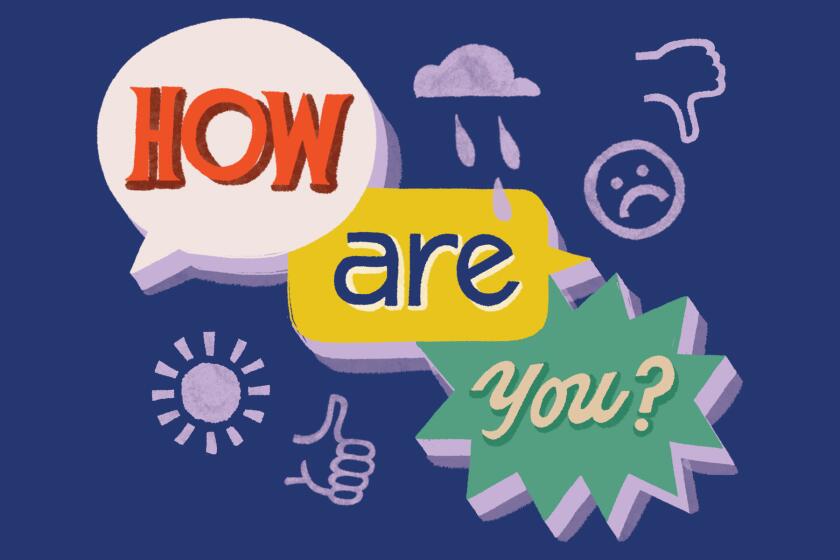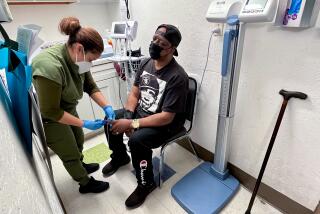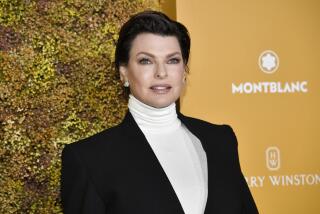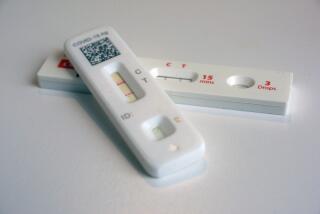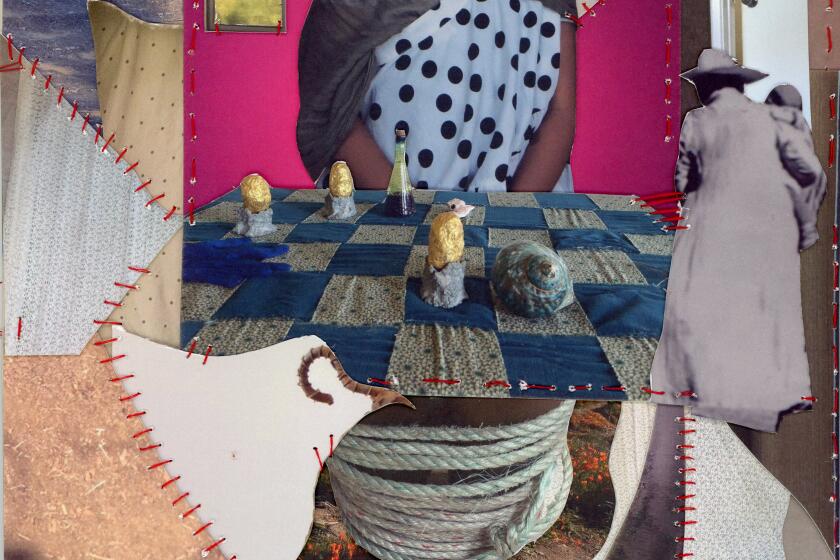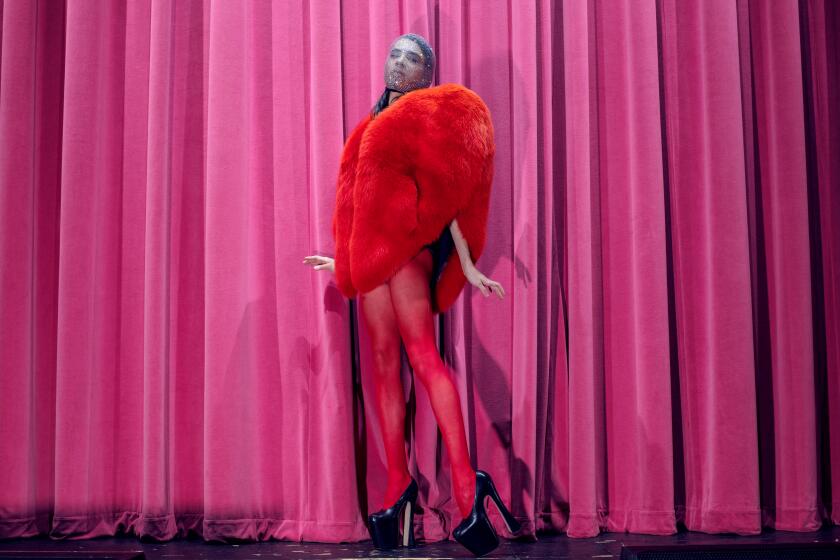As a Black woman, I had to beg doctors to take me seriously when my brain was leaking
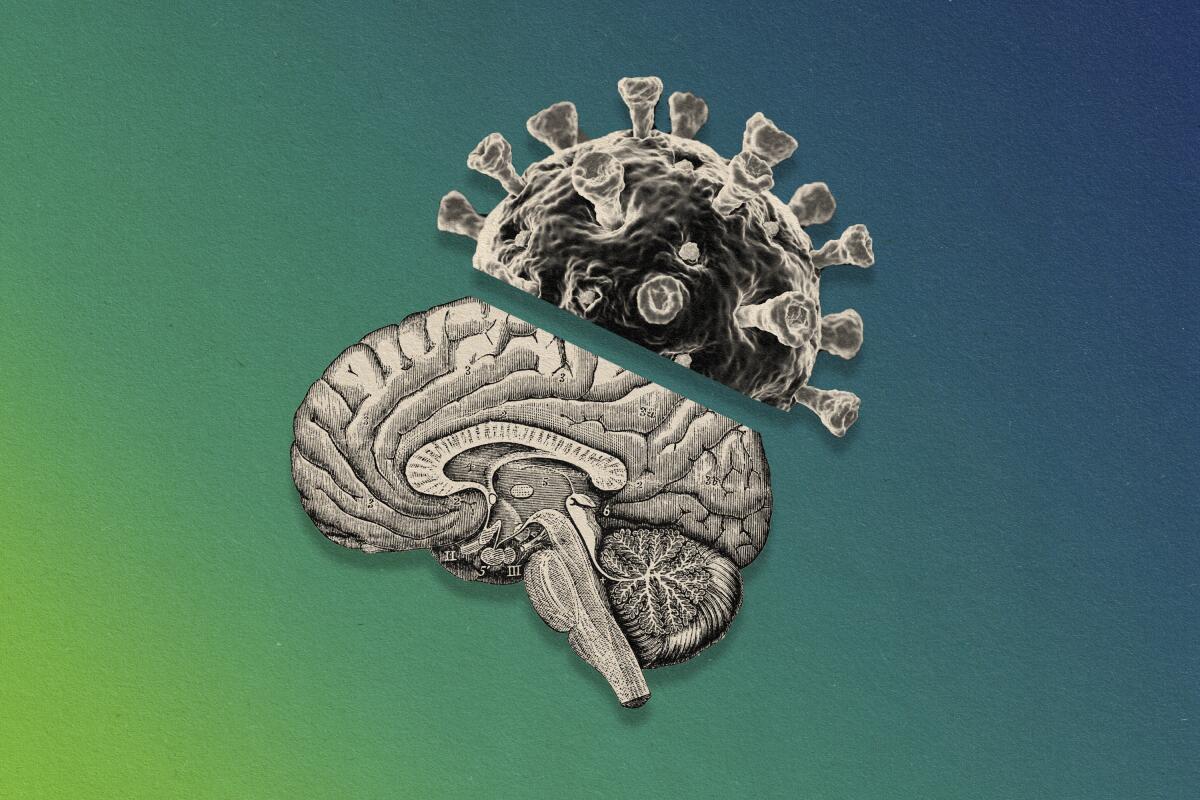
I lost hearing in my left ear. It felt like I was underwater and everything was muffled. I searched for cures online and tried over-the-counter remedies. Allergy medications. Humidifiers. Ear drops. Chewing gum. Hydrogen peroxide. Days went by and nothing changed. So I made an appointment with my primary care doctor.
It had taken me a while to find a primary care doctor whom I was comfortable with. Why was it so difficult to find a doctor who would take a moment to hear me? I always felt like I was fighting for the attention of every doctor I saw. And to be honest, as a Black woman I’ve always feared doctors.
Studies have confirmed that many doctors often either don’t hear Black women or see their pain. Black women are three to four times more likely to die from pregnancy-related complications than white women. Black women are less likely to develop breast cancer — but 40% more likely to die from it than white women. Black women are underrepresented in clinical trials that require consent and are overrepresented in studies that do not. Black women simply are not receiving the same quality of healthcare that our white counterparts receive. I had been warned about the racism in healthcare, so I knew it was my responsibility to fight for my health when doctors failed to.
How to appropriately respond when family, friends, coworkers or strangers ask how you’re doing, when you’re not doing so well.
This visit mirrored the many others before it. I told her, “I can’t hear out of my left ear for some reason. I just woke up and most of my hearing was gone.” She said, “Must be allergies,” and suggested a nasal spray twice a day. I was skeptical; this didn’t feel like allergies. But she was the doctor, so I listened.
Months passed and my ear still felt full. Within the next six months I would make two more visits to her New York City office to check on my ear. A new symptom developed: A clear fluid started to drain out of my left nostril. I know this sounds ridiculous. But I’m grown and I know what a cold is; this was not a “runny nose.” I challenged her allergies assumption. Years before, I was diagnosed with pseudotumor cerebri, a pressure buildup in the brain that causes headaches and eyesight issues. I asked her if my symptoms could be linked to my diagnosis.
But her prognosis remained. It had to be allergies.
The final phase of the Huntington’s famed Chinese Garden is scheduled to open Oct. 9, with an additional 11.5 acres, or 15 acres total with new pavilions, landscaping and — someday — even restaurants.
That was a year ago, and shortly after during a late-night Twitter dive, I found an article that would change my life. Yes, Twitter may have saved my life. The headline: “Man’s runny nose turns out to be leaking brain fluid.” Most of his symptoms were identical to mine. I started to panic. I made an emergency appointment with my doctor. I showed her the article and told her I thought I had a cerebrospinal fluid leak, like the man in the article. She immediately shut that theory down. Immediately. She said, “You have allergies.”
But this time, I wasn’t taking her word. I did my own research. Turns out, pseudotumor cerebri is a condition that if not treated properly can cause a cerebrospinal fluid leak. I’ve lived in this body for over 27 years. I know when something is wrong. I’d always heard stories about Black women feeling unheard, unseen, misunderstood and misdiagnosed. I’d read article after article about Black women being ignored in healthcare. I watched a documentary about one of the world’s greatest athletes — Serena Williams — nearly dying during childbirth because our healthcare system refuses to listen to Black women. So I would not take “no” for an answer.
I knew that something was wrong, it was easy to see. I just couldn’t understand why my doctor couldn’t see it.
I insisted that she send me to an ear, nose and throat specialist, and she did so, begrudgingly.
Get The Wild newsletter.
The essential weekly guide to enjoying the outdoors in Southern California. Insider tips on the best of our beaches, trails, parks, deserts, forests and mountains.
You may occasionally receive promotional content from the Los Angeles Times.
The next year involved visits with two ear, nose and throat specialists, two neurologists, an allergy specialist and an MRI but no real answers. Most insisted it had to be allergies, except, oddly enough, for the allergist, who had doubts. That December while in Houston for the holidays, I sought out a third ear, nose and throat specialist. I took the same hearing test and explained my symptoms like I had many times before. He agreed it certainly sounded like allergies. But he offered to insert a small tube in my ear to drain a small amount of fluid and provide some instant relief.
What was supposed to be a painless, 15-minute procedure turned into a 45-minute, slightly painful operation. I could not see my ear, of course, but I could feel the fluid draining from it.
When he was done, he stuffed my ear with cotton balls and confirmed, at last, what I had known: I did actually have a cerebrospinal fluid leak.
My heart dropped. And then it broke.
For three years, fluid was leaking out of my brain.
And because of neglect or indifference or bias, multiple doctors let it happen. I had pleaded for help. I had paid “expert” after “expert” to listen to me. I’d just wanted them to do their jobs. I wanted them to see me. To hear me. To care about me. But it turns out I had to diagnose myself.
When doctors don’t listen to you, you eventually start to think something is wrong with you. You question your body and how you treat it. You start to give in to pressures of how it should move and look. I started to think I had betrayed the body I was given when, in reality, those who were meant to protect me (and thousands of other Black women) let me down.
And my heart still drops because of that. I’m actually one of the lucky ones.
I think about all of my sisters who don’t have the healthcare coverage or the job flexibility to chase a dozen doctors down. I think about all of my sisters whose birthing experiences quickly shifted from the happiest moment of their lives to the deadliest. I think about all of my sisters who avoid physicians because of the horror stories. Sadly, I am not the first Black woman to be ignored by doctors, and unless we make a swift change I won’t be the last.
The next few weeks were a blur. I spent Christmas on bed rest after the doctor inserted a drainage tube that put me at higher risk for meningitis. After the holidays, I flew back to New York and met with the best ear surgeon and neurosurgeon I could find. And for the first time in years, doctors listened to me. Conducted meaningful and intentional tests I didn’t have to fight for. And made a plan to fix it.
They spent about two months dissecting my options with me, letting me cry in their offices, and recorded my appointments so I could send all of the details to my family in Texas. I was scheduled to get a drainage shunt placed in mid-March.
Then COVID-19 hit New York in unimaginable ways.
“We’re out of ICU beds; we’re going to reschedule your brain surgery.” I could hear the stress of the epidemic in my neurosurgeon’s voice as he wished me well. I had no choice but to wait for a new surgery date. So, like thousands of others, I hid out in my apartment.
I spent the first two days doing “everything I never had time to do.” My room was spotless. Everything that didn’t bring me joy? Gone! Including all the crochet gear left over from when I tried to implement it into my self-care routine.
I spent the next three days catching up with old friends.
Days six and seven were spent reimagining the best versions of myself. I made a list of everything I wanted to accomplish by the end of quarantine. I learned how to draw my eyebrows on and twist my hair. I discovered TikTok and quickly learned that yes, I was “Savage” like Megan Thee Stallion, but I’d leave the moves to Gen Z. I made a vision board to plot my world domination. Even added a little glitter for artistic flavor.
And on Day Eight, I remembered that brain fluid was still leaking out of my left nostril. And sometimes, my right nostril. I remembered that brain fluid has been leaking from my skull into my ears and nose for three years, as doctors ignored me and gaslit me.
So at 2 a.m. on Day Eight, I let myself feel the weight of the last few years. I downed a bottle of cheap prosecco (sorry, Mom) alone in my apartment, and I let myself feel it all. I bawled my eyes out. I drunk-called my boyfriend for a pep talk. I FaceTimed my best friends and family for support. I blared Beyoncé and Afrobeats and danced on top of my Ikea futon.
And by dawn, I looked in the mirror and began to see someone who resembled a person I knew three years ago. But those tears weren’t just for me. They were for Sha-Asia Washington, Kira Johnson and the thousands of Black women who were never heard or seen by the healthcare system.
My surgery was rescheduled for July. I had a follow-up surgery in September. Luckily, my team of surgeons was exceptional. I received the care I strongly believe we all deserve. My hearing is back. I instantly felt more balanced. My optic nerves are no longer swollen. And I am back at work doing the job I love. I’m extremely lucky.
As COVID-19 brings the world to a stop, while demands to end police brutality, anti-Black racism and lynchings echo through not only our country but the world, we must also reflect on where the two epidemics collide. How is it that no matter the social class, wealth or access to healthcare, Black mothers in the U.S. are likely to die at three to four times the rate of white mothers? How are Black people more likely to die from COVID? There are so many stereotypes and assumptions in healthcare about Black women in particular that lead to critical and deadly outcomes. Throughout this three-year process of discovery, I’ve shared my health issues with many demographics. Every Black woman I shared my experiences with told me I had to take charge of my healthcare and be an advocate for my well-being. They told me that many doctors do not care about cries from Black women. And that breaks my heart. A distrust in a system built to protect and save lives shouldn’t be a theme in every American industry, and yet here we are.
The author is a writer and producer living in New York City. She is on Instagram @amira.lew.
More to Read
Sign up for our L.A. Times Plants newsletter
At the start of each month, get a roundup of upcoming plant-related activities and events in Southern California, along with links to tips and articles you may have missed.
You may occasionally receive promotional content from the Los Angeles Times.
